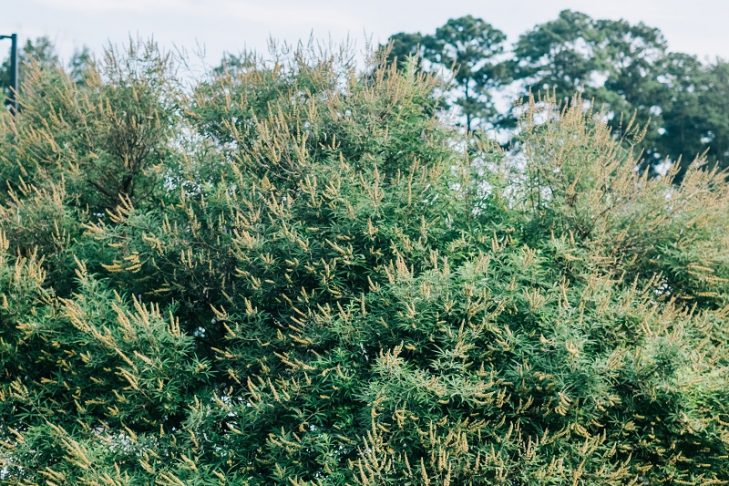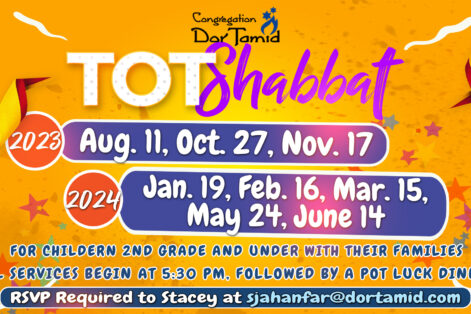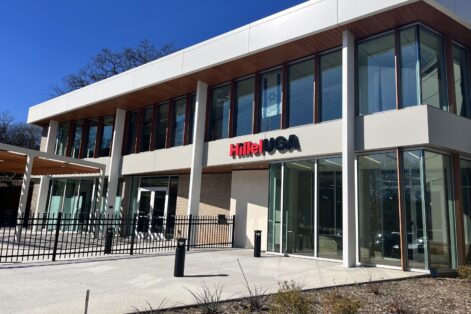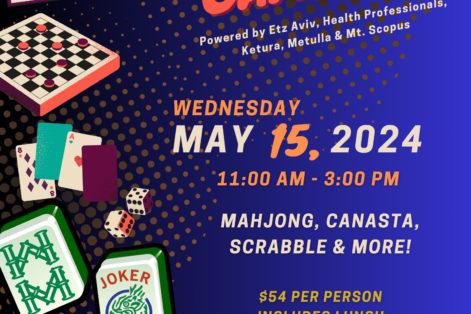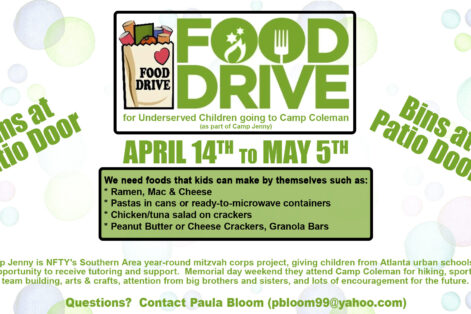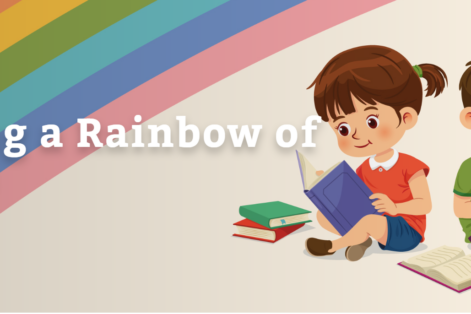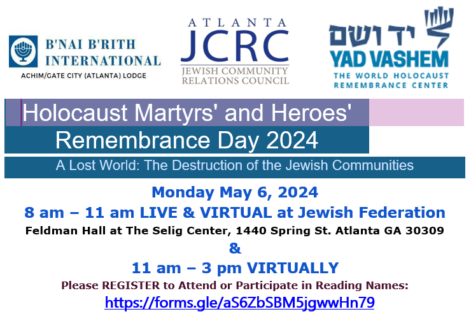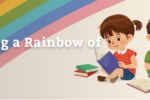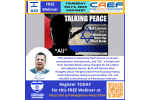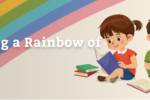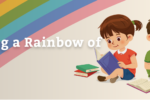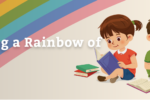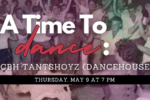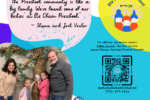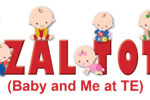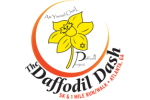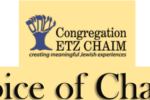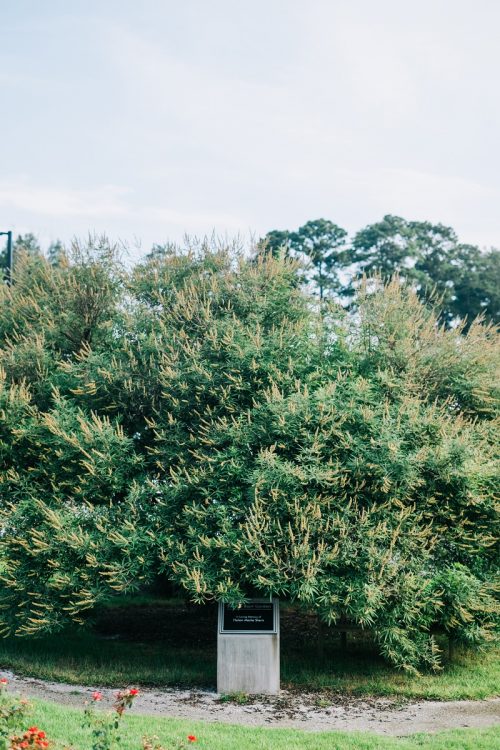
There’s a very special tree outside our offices at Jewish Family & Career Services, which I remember planting with Shalom Bayit (Peace in the Home) clients in 1998 to honor survivors of domestic abuse and to memorialize those who died at the hands of their abusers. Over the last 20 years, this tree has grown tall and wide, and we now have a Shalom Bayit garden around it. For years, clients tell us how much the tree inspires them and the peace they find in the garden. Right now, as headlines about the #MeToo movement swirl in our national media, the tree, and the garden remind me of the significance of October: . This is a good time to reflect on 25 years of JF&CS’s Shalom Bayit program, which provides short and long-term assistance to those facing physical violence, emotional or sexual abuse in their families or intimate relationships. While providing crucial, supportive counseling for abuse survivors, the greatest challenge is to educate our community about how to build healthy relationships, create safe schools, camps, and workplaces, and teach behaviors that avert violence. Attitudes are changing, but clearly, we still have work to do.
While domestic violence crosses all cultural boundaries, in the Jewish cultural mindset there’s a persistent idea that abuse doesn’t happen to us, that Jewish families are always loving and nurturing. Discussion of violence in Jewish marriage is still regarded as shameful — a shonda (shame) shrouded in silence. And emotional abuse in our families is similarly swept under the rug. Abuse often traumatizes victims for years.
Abuse is a pattern of power and control, where one person uses physical, emotional, or sexual violence to control another. Partner abuse occurs in all types of intimate relationships — marriages, dating relationships, and intimate heterosexual, lesbian and gay relationships. Abuse also occurs toward children and older adults.
In April, at JF&CS’s Community of Caring luncheon, we shared a video with the story of Robin A., one of our past Shalom Bayit clients. Robin talks about the violence and emotional abuse in her marriage that drove her to seek help more than 20 years ago. The abuse made her feel like her “soul was dying,” but she believes the help she received through counseling saved her life and helped her heal.
Over the past 25 years, Shalom Bayit has reached out to the community by offering education to young adults on how to recognize abusive relationships. We’ve created prayers tying in themes of domestic violence with Jewish holidays, and we have educated our clergy and community leaders to recognize signs of current or past abuse, and how to provide support. I am always heartened when our rabbis give sermons on the topic. One rabbi gave voice to the shame of his former idolization of OJ Simpson. Another shared a story of an emotionally abusive brother, and another of an emotionally abusive father. These public expressions validate the importance of breaking our silence about violence and abuse.
In the last year we’ve seen many abusers and sexual predators accused and exposed in the news. For many survivors, the courage of the women speaking out is empowering and decreases isolation, giving voice to their similar stories. At the same time, denials and discrediting survivors’ realities adds to their pain. Those speaking out in public, in these high-profile cases, underscore the tremendous need to teach boys and girls, and especially our teens, about respect, safety and components of healthy relationships.
My wish for the coming year is that we may all reflect the values and norms of loving, non-violent relationships. That we remember the strength of abuse survivors and the ongoing struggles of victims. And that we work together to create safe spaces across Jewish Atlanta. If you or someone you know is suffering abuse of any kind, please know you are not alone. Contact Shalom Bayit at 770-677-9322 or shalombayit@jfcsatl.org for information about confidential counseling or for more information about our programs for both adults and children.
The History of DVAM
Domestic Violence Awareness Month (DVAM) evolved from the “Day of Unity” held in October 1981 and conceived by the National Coalition Against Domestic Violence. The intent was to connect advocates across the nation who were working to end violence against women and their children. The Day of Unity soon became an entire week devoted to a range of activities conducted at the local, state, and national level.
The activities conducted were as varied and diverse as the program sponsors but had common themes:
- Mourning those who have died because of domestic violence
- Celebrating those who have survived
- Connecting those who work to end violence
These three themes remain a key focus of DVAM events today. In October 1987, the first Domestic Violence Awareness Month was observed. That same year marks the initiation of the first national domestic violence toll-free hotline. In 1989, the U.S. Congress passed Public Law 101-112 designating October of that year as National Domestic Violence Awareness Month. Such legislation has passed every year since with National Coalition Against Domestic Violence providing key leadership in this effort. Each year, the Day of Unity is celebrated on the first Monday of Domestic Violence Awareness Month.
The Impact of Domestic Violence in the Jewish Community
While domestic violence crosses all cultural boundaries, in the Jewish cultural mindset there’s a persistent idea that abuse doesn’t happen to us, that Jewish families are always loving and nurturing. Discussion of violence in Jewish marriage is still regarded as shameful — a shonda (shame) shrouded in silence. And emotional abuse in our families is similarly swept under the rug. Abuse often traumatizes victims for years.
A recent article on the Jewish Federation’s website by Wendy Lipshutz, LCSW, Program Director, Shalom Bayit Program of JF&CS goes into more detail of how this issue has impacted the Jewish community. You can read her full article here.
And if you or a loved one is experiencing domestic violence, please contact one of our counselors as soon as you can safely do so. Or contact one of the following organizations:
- Georgia Domestic Violence Hotline: 1.800.33.HAVEN (1.800.334.2836) (V/TTY)
- National Domestic Violence Hotline: 1.800.799.SAFE (1.800.799.7233) or 1.800.787.3224 (TTY)
- National Teen Dating Violence Hotline: 1.866.331.9474 or 1.866.331.8453 (TTY)
- Childhelp National Child Abuse Hotline: 1.800.4.A.CHILD(1.800.422.4453)
- National Sexual Assault Hotline: 1.800.656.HOPE
This post has been contributed by a third party. The opinions, facts and any media content are presented solely by the author, and Atlanta Jewish Connector assumes no responsibility for them. Want to add your voice to the conversation? Publish your own post here.
